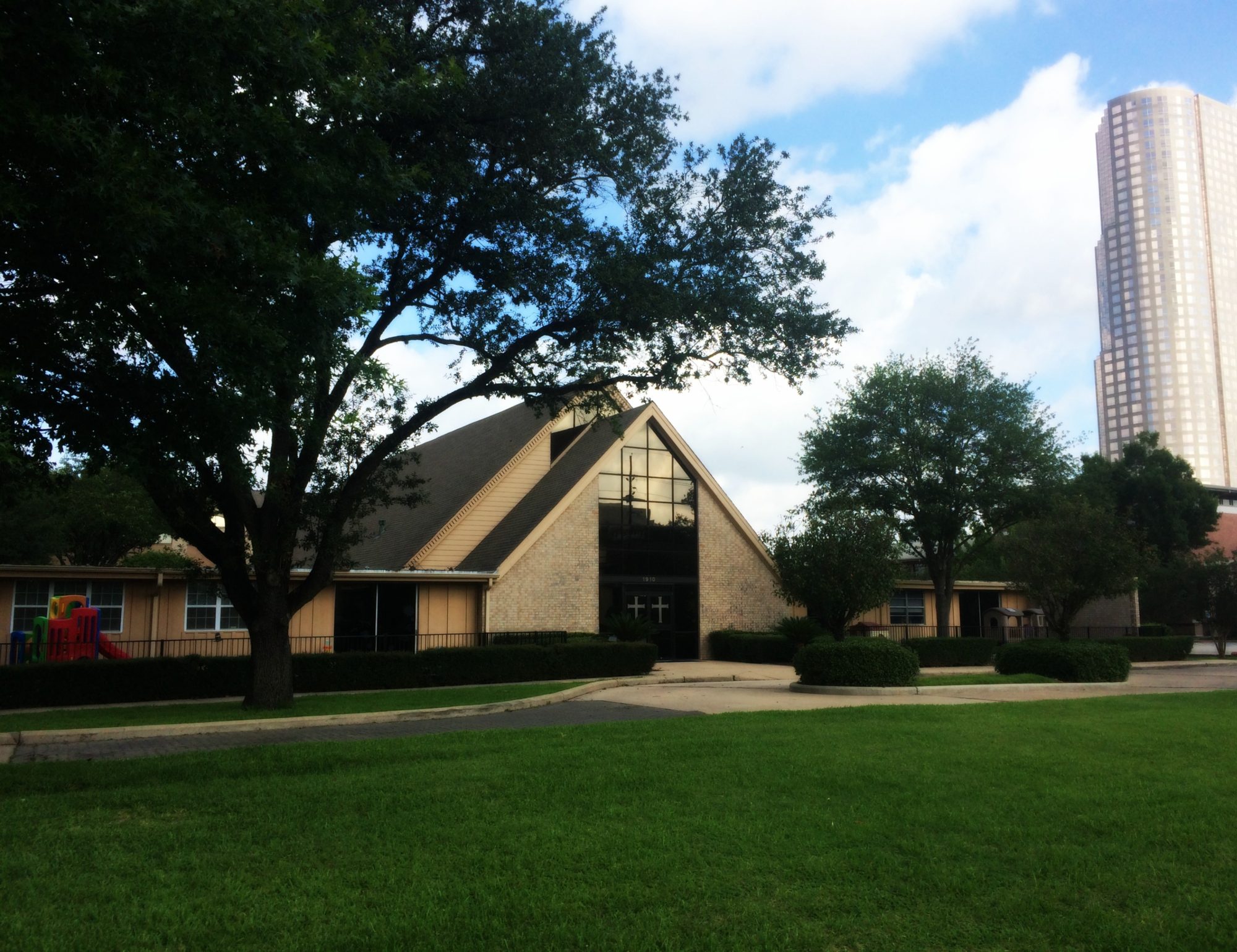Reading: Mark 4
“The Potential in the Seed” by Cale Ownby
I typically read this parable as a call to be Good Soil, and I don’t think this is incorrect. The good soil produces a crop, so let’s be good soil! Don’t get me wrong. I am not always the good soil. Sometimes I am the rocky soil, a day here, or a month there; and sometimes I am the soil with the weeds, a week here, or a year there. In different seasons in my life, I will identify as different kinds of soil. I think we all do.
I grew up in the suburbs of Houston, so I am no farmer, but I do know enough about business to know that a good farmer isn’t so careless with his seed. Seed costs money, money that was hard-earned from the previous harvest. For a farmer, each seed holds the potential of multiplying the investment. An important factor for if and how much a seed will yield is the time and location. Nowadays farmers have charts, graphs, pH readings, water sensors, and years upon years of statistics that advise the exact location and time to plant that seed. They know where to invest that potential so they get the best return on investment. Even in Jesus’ day, a good farmer would know enough that they wouldn’t try to plant seed in shallow soil, much less on a path where the birds eat.
But this farmer does.
This farmer invests all of this seed, this potential into ground that will not bear a crop. I’d like to think that the farmer knows something we don’t. The potential for this farmer is not the seed; the potential is the ground. Where there was rocky ground last season, a river may have risen and deposited deep, fertile soil this season. Weeds that grew in this soil last season may have died out and created well-fertilized soil this season. The farmer doesn’t pick and choose where to sow the seed; they sow it everywhere, because that is where the potential is. Jesus doesn’t pick and choose where to share his love, and where to share his word.

